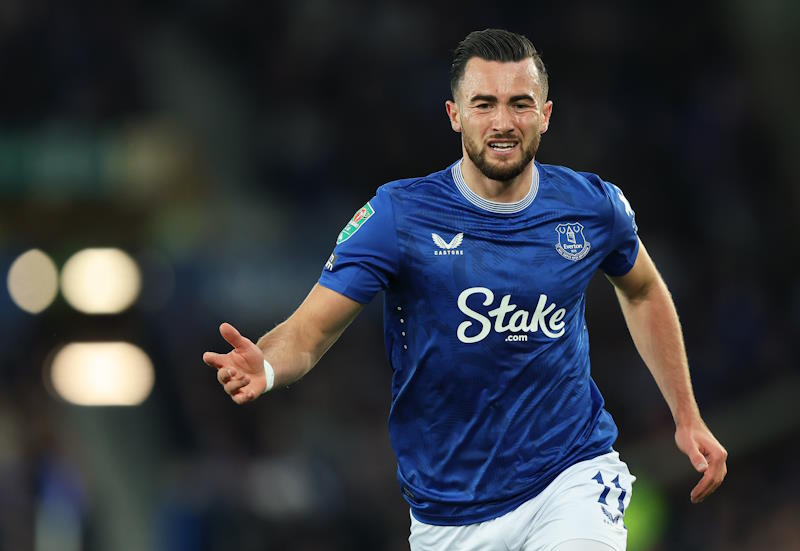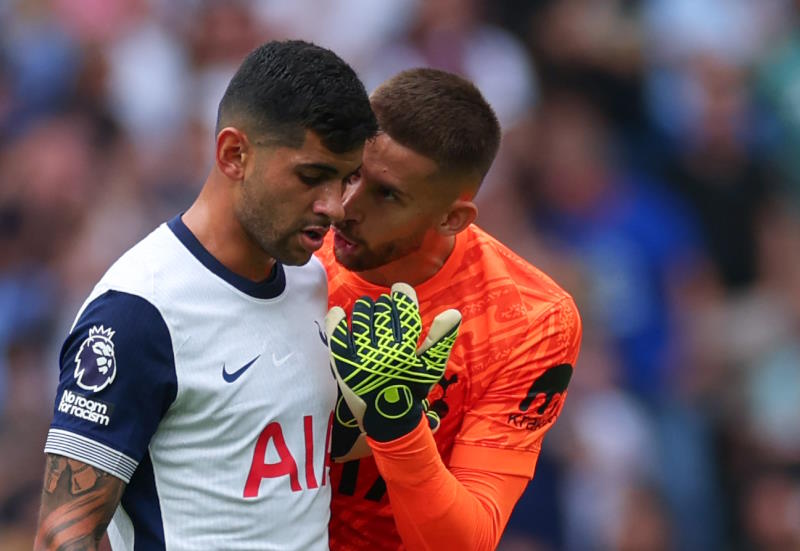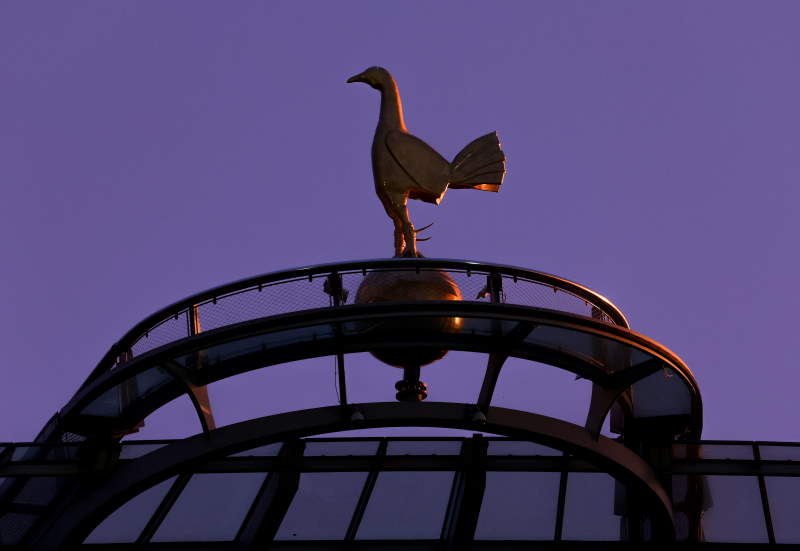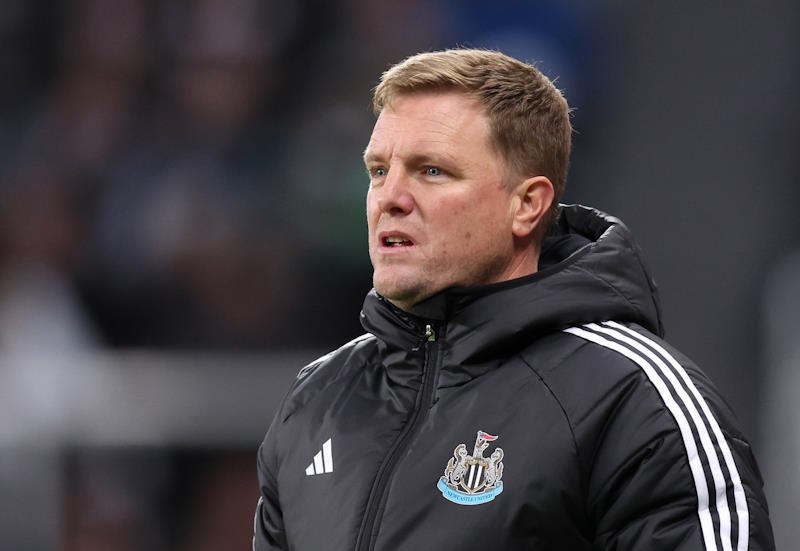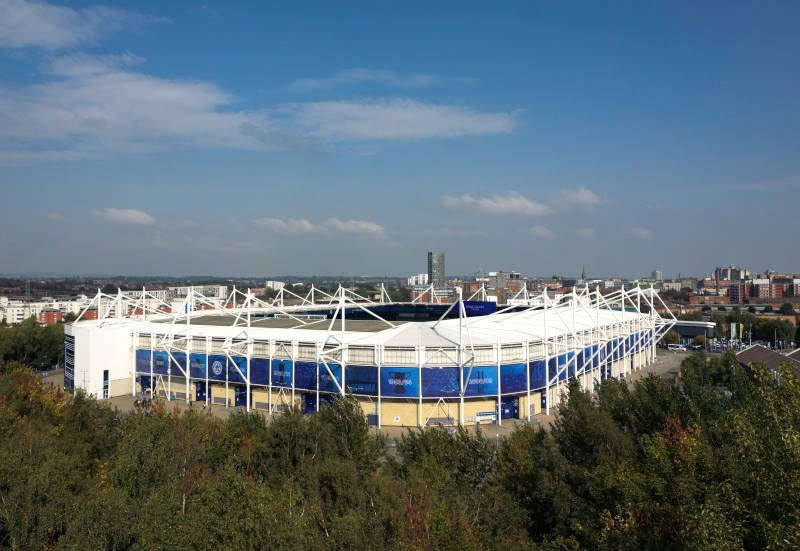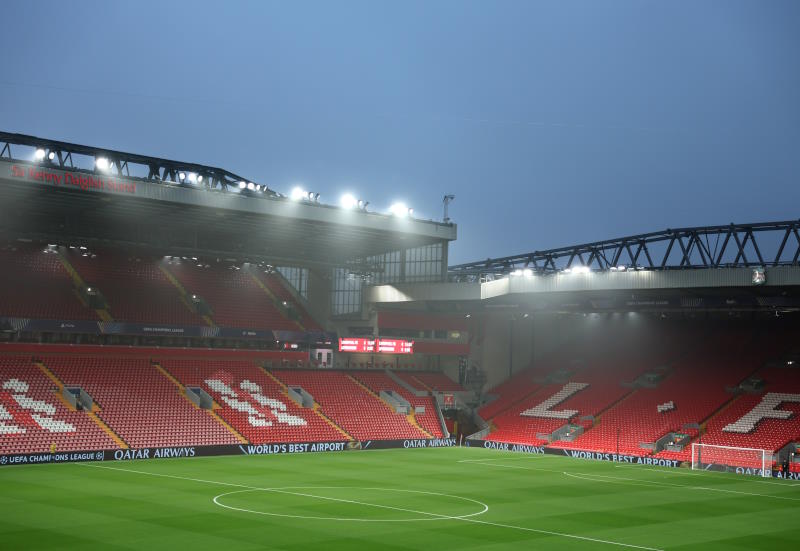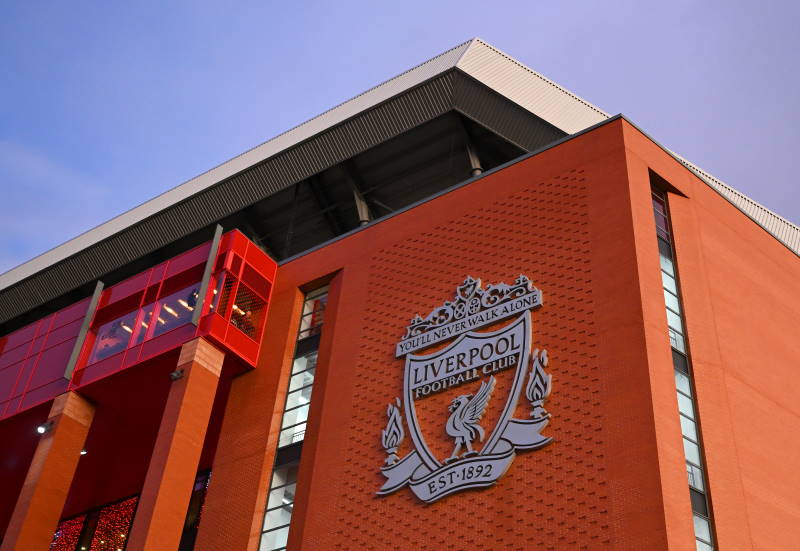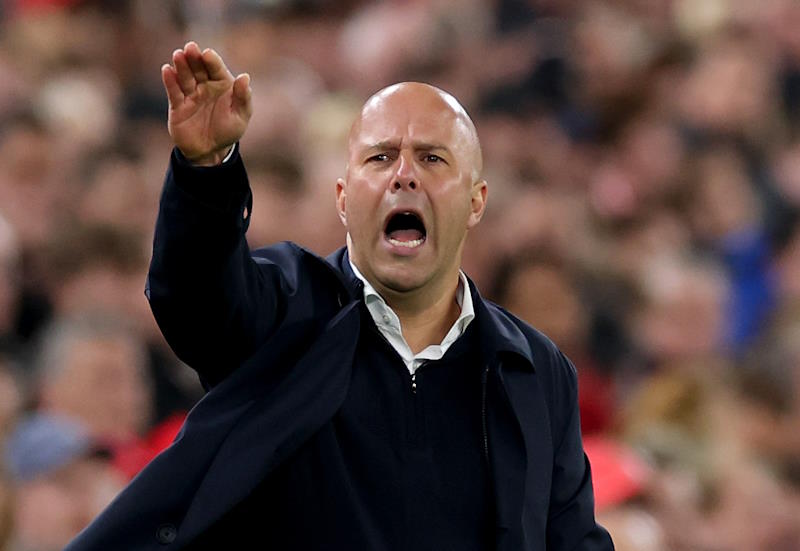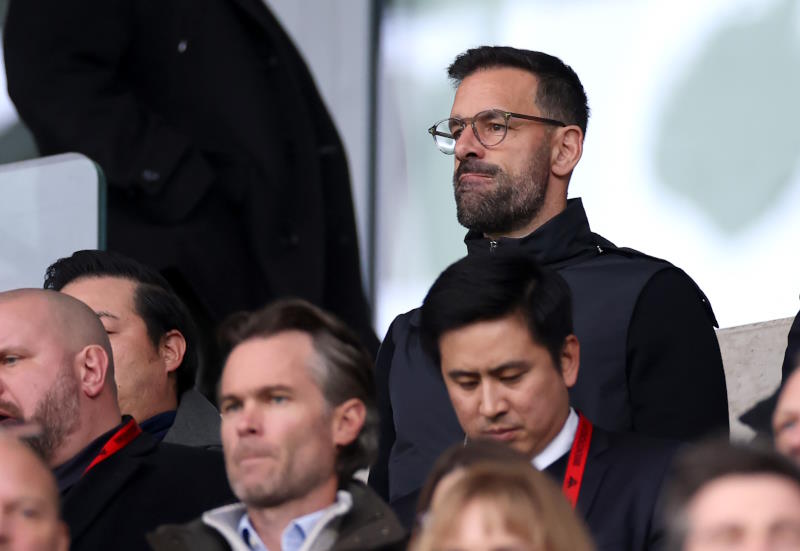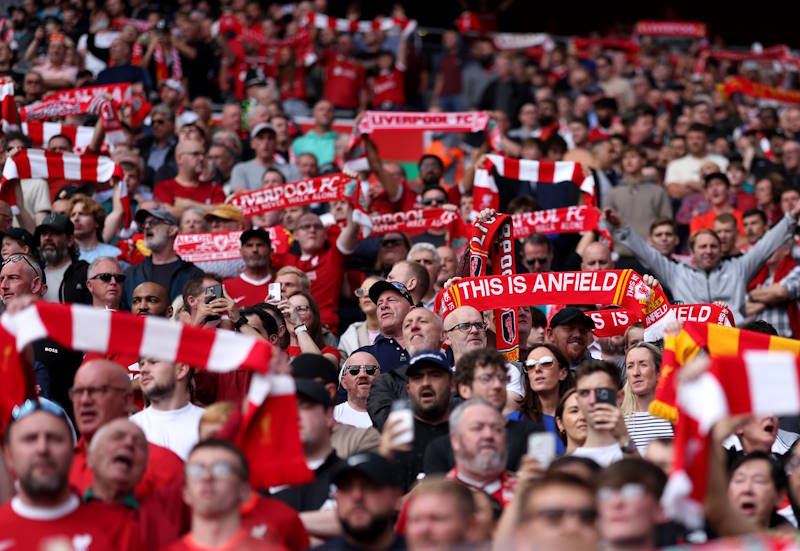
Resembling a large bird’s nest with noise-reducing technology, the newly built Green Point Stadium will host concerts and other events after the World Cup as well as being used by local football teams Ajax Cape Town, where Steven Pienaar began his career, and Santos.
There’s some tasty looking group matches happening here. England take on Algeria, Cameroon play the Netherlands, France open their tournament against Uruguay and the holders Italy play Paraguay, as well as knockout matches up to the semi-finals. A possible match-up between Spain and either Brazil or Portugal in the Round of 16 means this modern stadium should get a chance to create some lasting memories.
City: Cape Town
Construction: New
Complete: 2009
Official Capacity: 66,005
The Locale : The District
South Africa’s third largest city, Cape Town, has the iconic Table Mountain set as the ultimate backdrop inland and some of the world’s most beautiful beaches on the coast. Combining a cosmopolitan atmosphere with easy access to stunning scenery and all of nature’s wonders, it’s a popular holiday destination.
Settled in the 17th century by the Dutch, Cape Town was bolstered by French Huguenots and then finally ceded to the British in 1814 who abolished slavery, but introduced a system very similar. Following the Boer War an outbreak of Bubonic plague was used as a reason for segregating people geographically, and racially, and this led to the development of the Cape Flats Townships. 80 years later these same townships saw the birth of the United Democratic Front, an anti-apartheid movement crucial to bringing an end to the injustices in South Africa.
Robben Island sits in the bay, holding the prison that housed Nelson Mandela for 27 years before he was freed in 1990. It is now a World Heritage Site and serves as a timely reminder that the old South Africa is only recently a thing of the past.
The Green Point Stadium is situated close to the city centre.
Local Sights to See: If you’re going to the stadium you should check out…
Two Oceans Aquarium is close to the stadium and features all the wonders of the deep, safely contained behind glass. Their predator exhibit features shark feedings (described as a frenzy) with scuba divers jumping in the tanks to get up close and personal with these monsters of the deep.
With a semi-tunnel letting you get close to the action, this should be a great way to get face to face with the local underwater wildlife without the danger of losing a limb. It’s located on the V&A waterfront, a mile or so from the stadium.
Things to avoid
Cape Town is a generally safe area, and during the World Cup security will be tightened, so general good sense should see you through. Visiting the townships, walking through parks alone late at night and ostentatious displays of wealth are best avoided.
A less obvious but more exciting danger in the province is the elephants on the N2 thoroughfare through the Western Cape region. Motorists are advised to beware of these creatures, and you can assume that in a collision the road kill will be the driver. Sadly such warnings may be optimistic, the pachyderms are now rarely spotted in the wild.

Games to be played there:
June 11th: Group A – Uruguay vs France
June 14th: Group F – Italy vs Paraguay
June 18th: Group C – England vs Algeria
June 21st: Group G – Portugal vs Korea DPR
June 24th: Group E – Cameroon vs Holland
June 29th: Round of 16 – Winner of Group H vs Runner-up Group G
July 3rd: Quarter-final
July 6th: Semi-final

